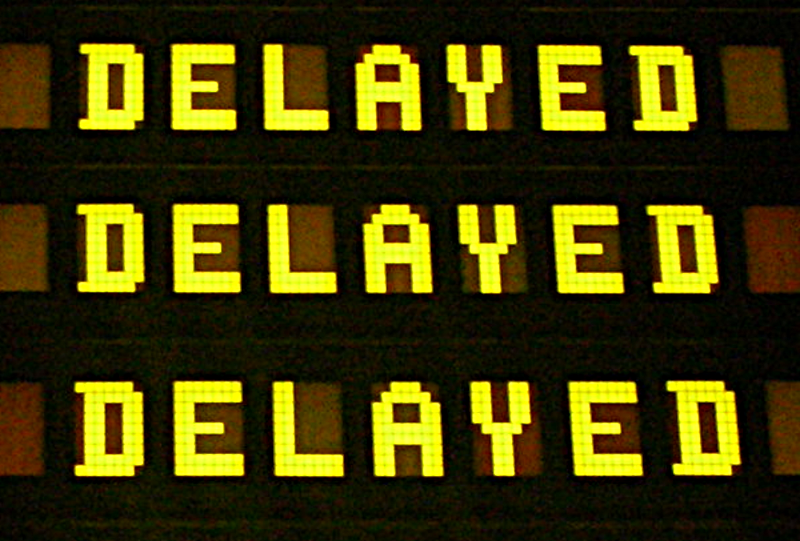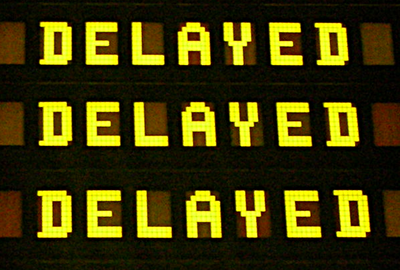

The New Hampshire Lottery Commission along with its co-plaintiffs NeoPollard Interactive LLC and Pollard Banknote Limited have received an extension to submit a response to the US Department of Justice’s appeal in the Wire Act case that will determine if the 1961 law prohibits online poker and other forms of internet-based gambling that cross state lines.
The extension, which gives the New Hampshire Lottery until February 26, 2020 to file its response brief, was granted by the US Appellate Court for the First District last week following the holiday season. The new deadline extends the original case (filed February 15, 2019) into its second year.
Other Wire Act Procedural Activity
In a December 18, 2019 memo from the Office of the Deputy Attorney General, the forbearance period that called for a hold on prosecution of those in violation of the new DOJ Wire Act opinion, was extended until June 30, 2020.
Notably, the original forbearance period was set to last until the end of 2019 or 60 days after the entry of a final judgement in the case, making a new deadline unnecessary. The latest deadline has a hard end date and does not automatically extend if the case continues on.
Following an extension of its own, the DOJ had until December 20 to file its appellate brief explaining why it believes the Appellate Court should overturn District Court Judge Paul Barbadoro’s summary judgement which sided with the New Hampshire Lottery and its supporters.
In June last year, Barbadoro set aside the 2018 Office of Legal Counsel (OLC) opinion that the 1961 Wire Act applies to other forms of gambling beyond sports betting which was the basis of the New Hampshire Lottery’s lawsuit.
The DOJ submitted its appellate brief on the day of the deadline, and on the very next business day, the plaintiffs filled their own request for an extension, and on the first business day of 2020, the Court granted the extension.
In addition to the procedural filings, the Sheldon Adelson-backed Coalition to Stop Internet Gambling (CSIG) along with the National Association of Convenience Stores submitted an amicus curiae brief on December 24 supporting the DOJ opinion. CSIG had previously appeared before the District Court to argue in favor of the DOJ.
However, the New Hampshire Lottery has its own supporters, most of which have come from agencies in states that have legalized igaming. Amici on the side of the New Hampshire Lottery include the State of New Jersey, the Michigan Bureau of State Lottery and the Commonwealth of Pennsylvania.
In addition, the New Hampshire Lottery received support from igaming advocacy group iDevelopment and Economic Association (iDEA), represented by prominent online gaming attorney Jeff Ifrah.
Impact of the Wire Act Case
Though it has yet to be enforced, the 2018 DOJ opinion of the Wire Act has had a negative impact on igaming—and in particular online poker.
As it prepared for the launch of the online gaming market in its state, the Pennsylvania Gaming Control Board (PGCB) pushed out its timeline for launch to allow operators in the state to make the necessary changes to comply with the new interpretation of the Wire Act.
Even now that Pennsylvania has its online poker network up and running, it has yet to join the Multi-State Internet Gaming Agreement (MSIGA) that allows the sharing of liquidity for online poker operators that hold licenses in MSIGA member states.
Meanwhile, the All American Poker Network (AAPN) has continued to offer its cross-border online poker platform to players in New Jersey, Nevada and Delaware. Although, the operator did remove all guarantees from its cross-border WSOP bracelet events this summer, presumably as a way of managing the potential risk of an unfavorable decision by the courts.
And, it appears that partypoker may be looking to expand its New Jersey online poker network to Nevada despite the threat of the new DOJ policy that could cause shared liquidity to be viewed as illegal.

